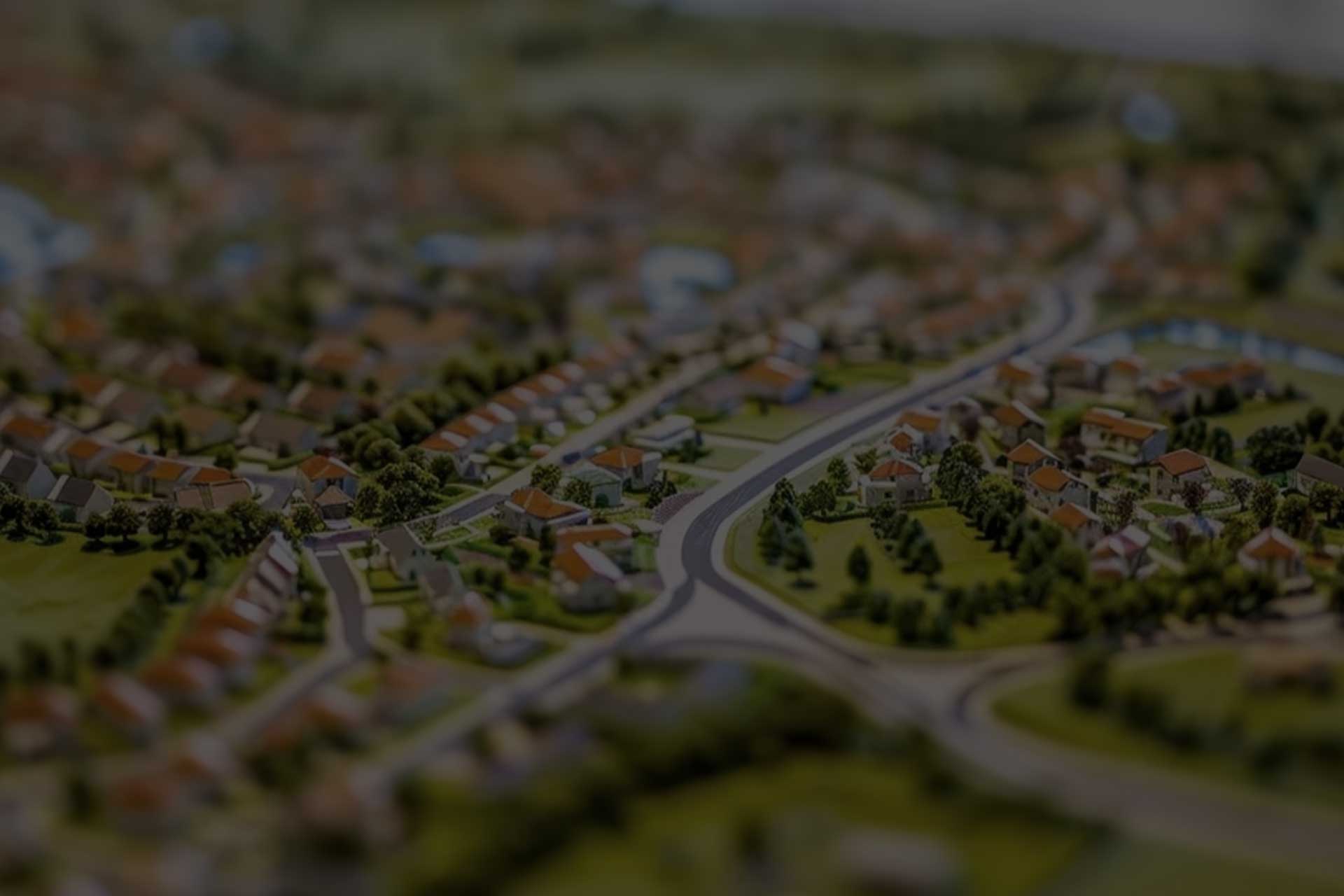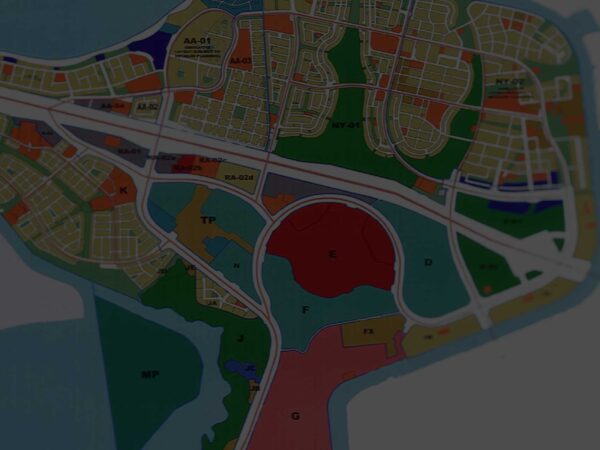The process by which optimum forms of land use and management are indicated, considering the biophysical, technological, social, economic and political conditions of a particular territory, as well as a more efficient use of resources. More specifically, the goals of modern land use master planning often include environmental conservation, restraint of urban sprawl, minimization of transport costs, prevention of land use conflicts, and a reduction in exposure to pollutants and use planning seeks to order and regulate land use in an efficient and ethical way. Authorities and Governments alike can plan for the needs of the community while safeguarding natural resources. To this end, it is the systematic assessment of land and water potential, alternatives for land use, and economic and social conditions in order to select and adopt the best land use options. Often one element of a comprehensive plan, a land use plan provides a vision for the future possibilities of development in neighborhoods, districts, cities, or any defined planning area.

